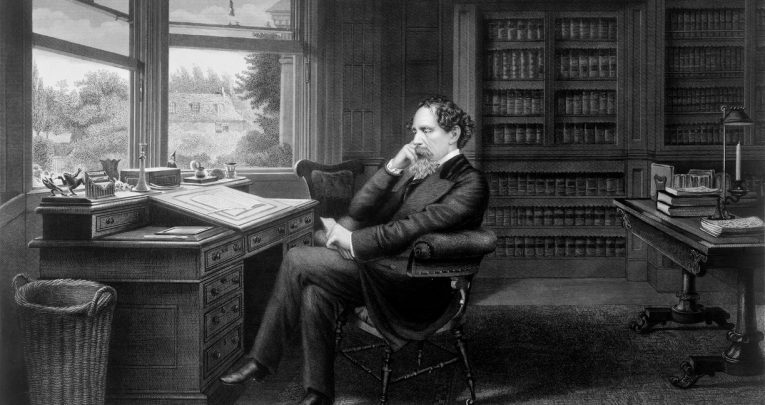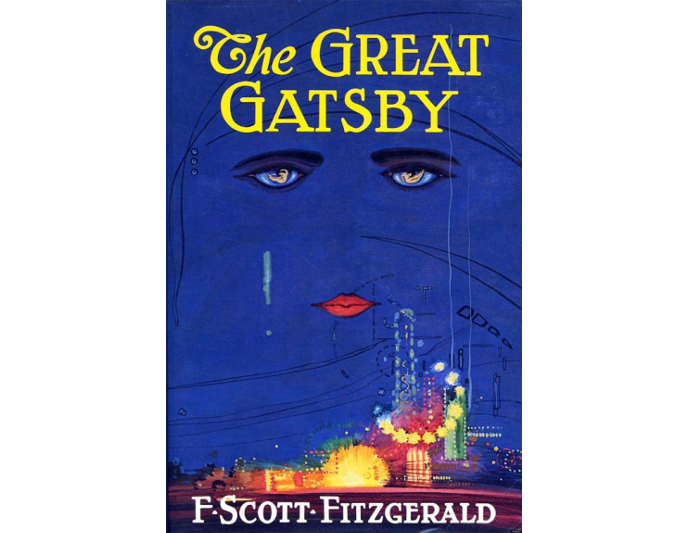6 of the best KS4 English literature lesson plans

Dive deep into Dickens' detailed descriptions and delight in Doyle's detective fiction with these full, and free, lesson plans for your Year 10 and 11s…

- by Teachwire
- Classroom expertise and free resources for teachers

1 | Examine The Language Of Dickens’ Techniques Of Description To Analyse Classic Literary Novels

Focusing on a few choice paragraphs from Charles Dickens’ canon could help students to see why such a fuss was made over his bicentenary.
2 | Give Students A Foolproof Way To Find Relevant Evidence In Literature Exams

This lesson plan helps to combat the issue of vast amounts of time being wasted during literature exams by students desperately looking for evidence to back up their points.
It works as a fantastic refresher, as well as giving students a foolproof way to flick straight to the relevant material.
3 | Use Drama To Engage Students With Sir Conan Doyle’s Classic Detective Fiction

Gain an introduction to one of the most famous novels ever written, and one of literature’s most famous characters. Start to consider the context surrounding a work of literature consider aspects of genre, both detective fiction and the gothic you will need.
These exercises are designed to be tackled before students have got to grips with the novel, but the edition used as the reference for this article is the vintage edition with an introduction by Ruth Rendell (2008).
4 | Give Students Two Different Opportunities To Discuss A Key Chapter From Animal Farm

This lesson plan for Animal Farm uses ‘home groups’ and ‘expert groups’ to give students ways of approaching a novel so that they have two opportunities to discuss a key chapter from the text before they complete their own written response.
Through sharing and discussing original ideas with their peers, students can really delve into the text.
Trending
Get this lesson plan here and browse more Animal Farm resources.
5 | Use The Great Gatsby To Get Pupils Debating Literature

In this lesson plan, Chloe Sefton shares with you a few fun and engaging activities to inspire of love critical analysis and create what she likes to call ‘good noise’ in your lesson.
The learning directive in this lesson is: To understand how to analyse the rivalry of Tom and Gatsby in Chapter 7 of The Great Gatsby.
6 | Promote Reading for Pleasure by Introducing Students to Books they Won’t Find in the School Library

If you’ve heard one too many students tell you that “reading is boring”, then try this – a lesson plan from Karl Vadaszffy that proposes bringing in books you won’t find on the school’s reading list in order to show them that perhaps it’s not the reading that’s boring, but the books they’re reading.
Browse more GCSE English Literature resources.










